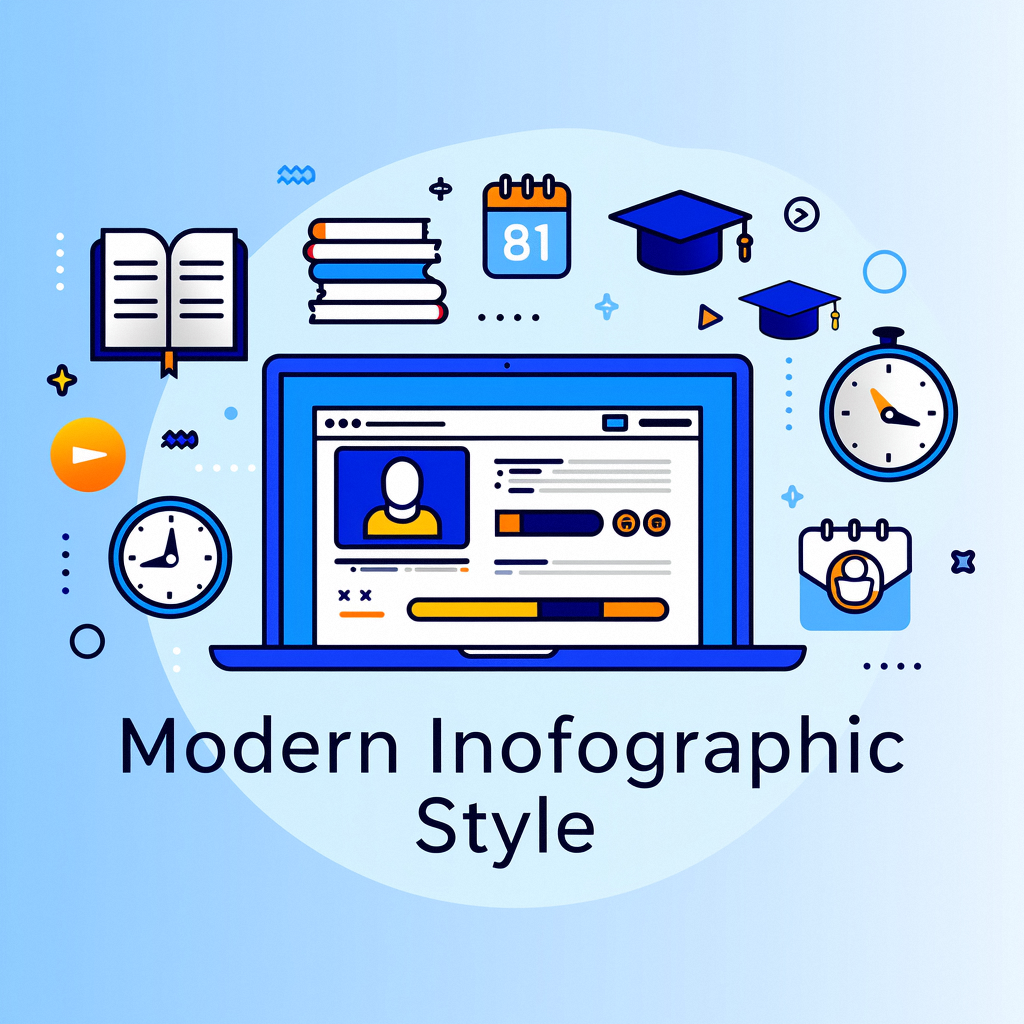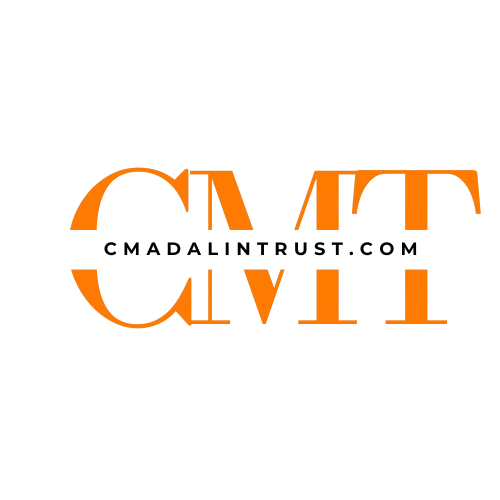In today’s rapidly evolving digital landscape, online courses have transformed from a convenient option to an essential pathway for professional growth and personal development. Whether you’re looking to advance your career, explore new interests, or develop specialized skills, free online courses offer unprecedented access to knowledge that was once confined to traditional educational institutions.
This article may contain affiliate links to tools I love and trust—if you choose to purchase through them, I may earn a small commission at no extra cost to you. Your support helps keep this blog running and full of free resources! 🔒✨
What Are Online Courses?
Online courses are structured educational experiences delivered through digital platforms. They range from brief skill-focused tutorials to comprehensive programs equivalent to university-level education. The beauty of online learning lies in its flexibility—allowing you to learn at your own pace, from anywhere in the world, often at little to no cost.

According to recent data, the global AI market is expected to reach $190 billion by 2025, with 97 million new jobs emerging in fields related to technology, data science, and cybersecurity. This explosive growth makes online learning not just convenient but essential for staying competitive in today’s job market.
Why Choose Free Online Courses?
The advantages of free online courses extend far beyond their cost (or lack thereof):
- Accessibility: Learn from world-class institutions regardless of your location or financial situation
- Flexibility: Study according to your schedule, balancing learning with work and personal commitments
- Variety: Explore thousands of subjects from coding to creative writing without financial risk
- Career Advancement: Develop in-demand skills that employers value without accumulating student debt
- Community: Connect with like-minded learners from diverse backgrounds worldwide

Where to Find Quality Free Online Courses
The internet is brimming with platforms offering free educational content, but some stand out for their quality and credibility:
Top Platforms for Free Online Courses
- edX: Founded by Harvard and MIT, offering courses from prestigious universities worldwide
- Coursera: Partnerships with leading companies like Google and IBM alongside university content
- Khan Academy: Comprehensive K-12 and early college education across multiple subjects
- YouTube Learning: Informal but often highly effective tutorials on practically any topic
- FutureLearn: UK-based platform with courses from international universities and cultural institutions
Many of these platforms operate on a “freemium” model—the course content is free to access, but certificates of completion may require payment. This approach allows you to learn without cost while still having the option to obtain credentials if needed for professional purposes.
How to Succeed with Online Learning
Taking an online course is one thing; truly benefiting from it requires strategy and commitment. Here’s how to maximize your online learning experience:

- Set clear goals: Define what you want to achieve before starting a course
- Create a schedule: Block dedicated time for learning each week
- Eliminate distractions: Find a quiet space and turn off notifications during study sessions
- Take notes: Actively engage with the material rather than passively consuming it
- Join discussion forums: Connect with fellow learners to enhance understanding
- Apply what you learn: Use projects or real-world applications to cement knowledge
- Complete assessments: Test your understanding through quizzes and assignments
A Success Story: From Free Courses to Career Transformation
James, a father and full-time accountant, had always been interested in technology but lacked formal training. With family responsibilities and financial constraints, traditional education seemed out of reach. Then he discovered Harvard’s CS50 Introduction to Computer Science on edX—completely free to audit.
Studying during evenings and his children’s nap times, James completed the course over nine months. The knowledge he gained allowed him to start freelancing as an app developer on weekends. Within a year, he had built enough clients and experience to transition to a full-time development role, doubling his previous salary.
“What amazed me wasn’t just the quality of the education,” James recalls, “but how accessible it was. I was learning from Harvard professors while sitting at my kitchen table after the kids went to bed. That would have been unimaginable just a decade ago.”
James’s story illustrates the democratizing power of free online education—transforming careers and lives regardless of geographical or financial circumstances.
Choosing the Right Course for Your Goals
With thousands of options available, selecting the right course can feel overwhelming. Consider these factors when making your choice:
- Alignment with goals: How does the course contribute to your professional or personal objectives?
- Time commitment: Can you realistically complete the course with your current schedule?
- Prerequisites: Do you have the necessary background knowledge to succeed?
- Teaching style: Does the course format (video lectures, readings, projects) match your learning preferences?
- Reviews: What do previous students say about their experience?

For more guidance on selecting courses that align with your professional goals, check out our detailed guide on How to Choose the Right Online Course for Your Professional Goals.
The Future of Online Learning
As technology continues to evolve, so too does online education. Artificial intelligence is revolutionizing personalized learning experiences, while virtual reality promises to make remote education more immersive than ever before.
The line between traditional and online education continues to blur, with many prestigious institutions now offering online alternatives to their campus-based programs. This trend accelerated during the global pandemic and shows no signs of reversing.

For those interested in cutting-edge fields like artificial intelligence and technology, specialized courses are emerging to meet growing demand. Our article on AI and Technology: Unlock Your Future with Online Courses explores these opportunities in depth.
Frequently Asked Questions About Free Online Courses
Q: Are free online courses as valuable as paid ones?
A: Many free courses offer identical content to their paid versions—the main difference is often just the certificate. For learning purposes, free courses from reputable providers deliver excellent value.
Q: How much time should I dedicate to an online course?
A: Most courses indicate the expected weekly time commitment, typically ranging from 3-10 hours. Self-paced courses offer more flexibility, but establishing a regular schedule improves completion rates.
Q: Will employers recognize free online courses on my resume?
A: Increasingly, yes. While some employers may value traditional degrees more highly, many recognize the initiative shown by self-directed learning. Skills-based hiring is becoming more common, especially in technology fields.
Q: What equipment do I need for online learning?
A: At minimum, a reliable internet connection and a computer or tablet. Some specialized courses may require additional software or tools, but many platforms design their courses to minimize technical requirements.
Q: How can I stay motivated to complete an online course?
A: Set specific goals, create a dedicated study space, find an accountability partner, and break the course into manageable chunks. Celebrating small victories along the way also helps maintain momentum.
Your Learning Journey Begins Now
The world of free online education offers unprecedented opportunities to transform your skills, career, and life, without financial barriers. The question isn’t whether you can afford to learn, but rather: What will you choose to learn first?
Are you ready to take the first step on your learning journey? Share in the comments which subject you’re most interested in exploring through online courses, and let’s build a community of lifelong learners supporting each other’s growth!
Looking to create your own online courses? Explore LearnWorlds, a comprehensive platform for course creators with AI-powered tools to enhance your teaching experience.


[…] or working with tight budgets, many quality introductory courses are available at no cost. These free online courses can provide a solid foundation before investing in more advanced training. Alison.com offers […]